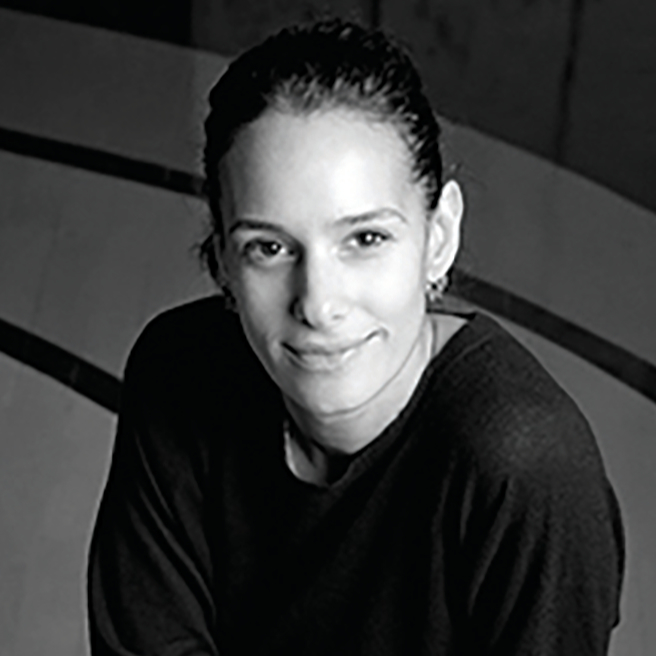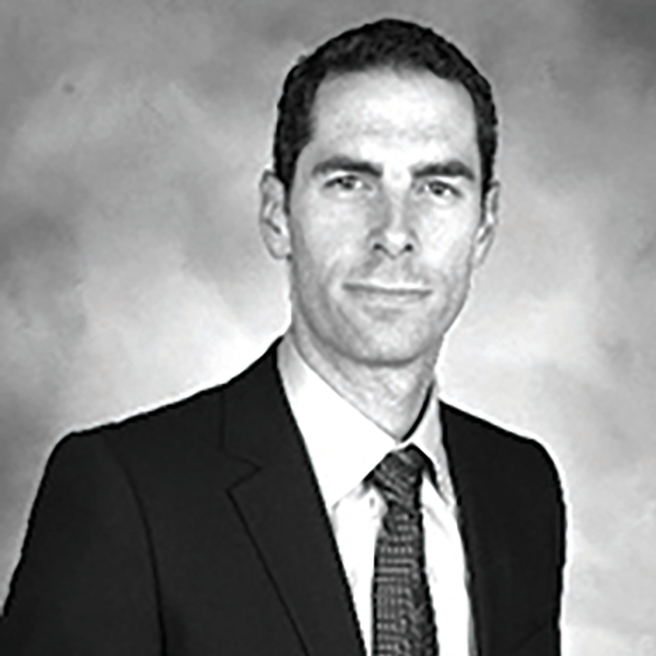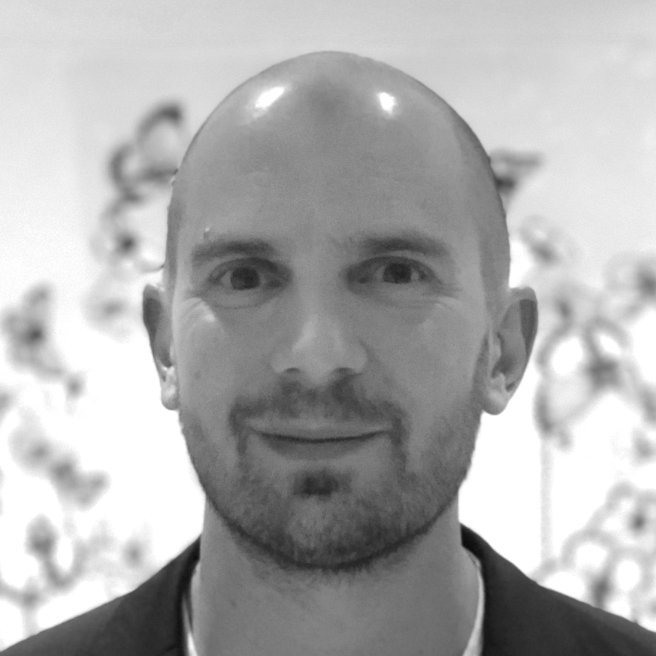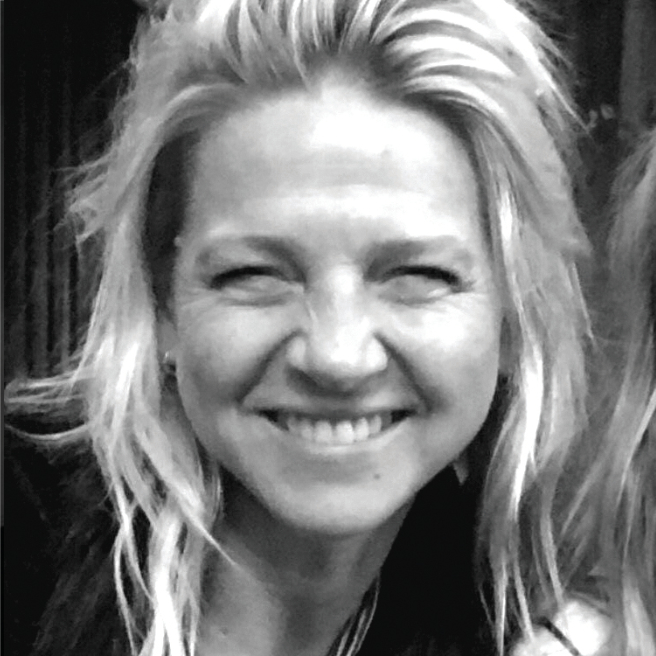THE STORY OF PASCALINE, WHO REFRAMED HER COMMITMENT THROUGH PHOTOGRAPHY
The following story is about being proud of your contribution to a team. It is not just about keeping a space clean.
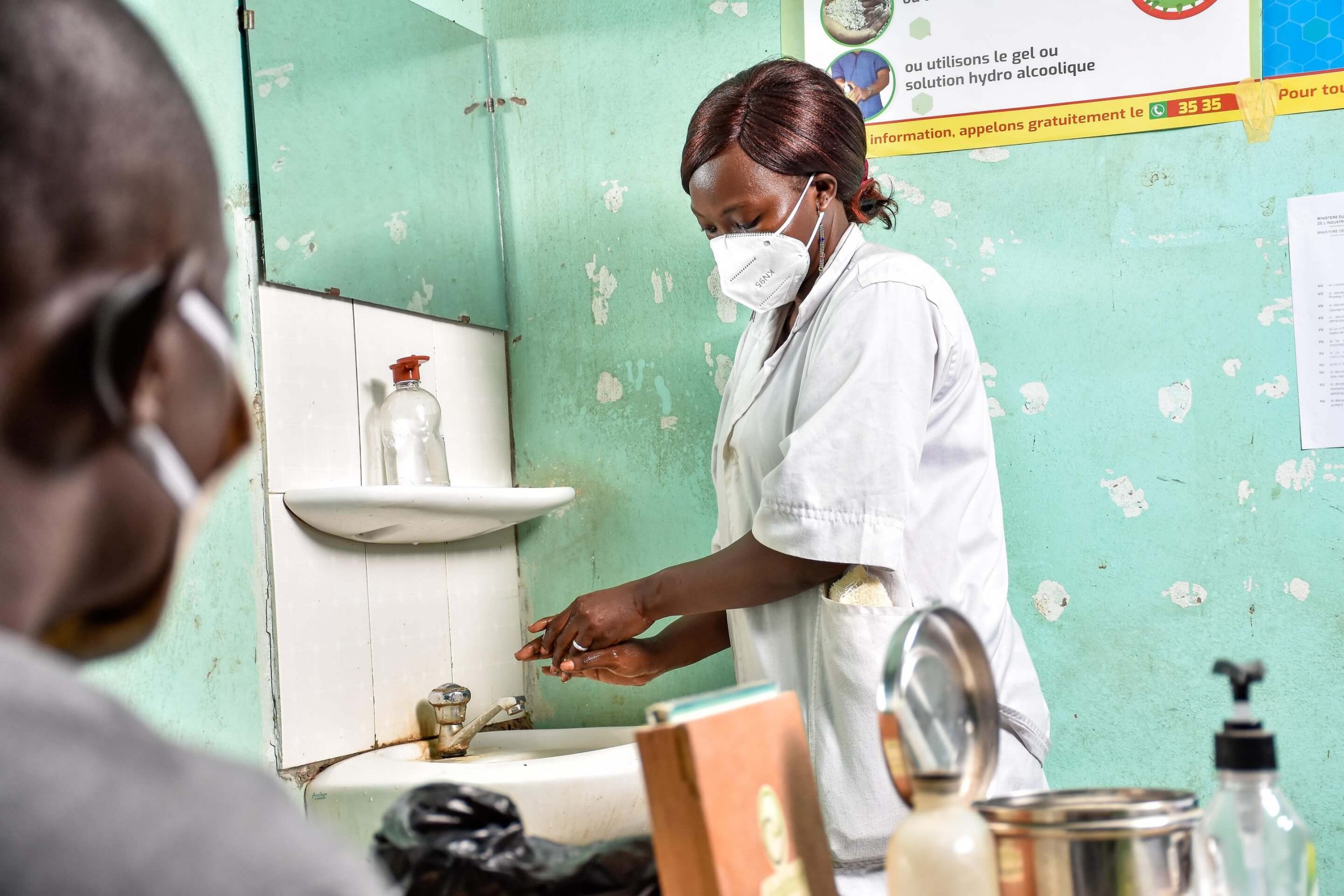
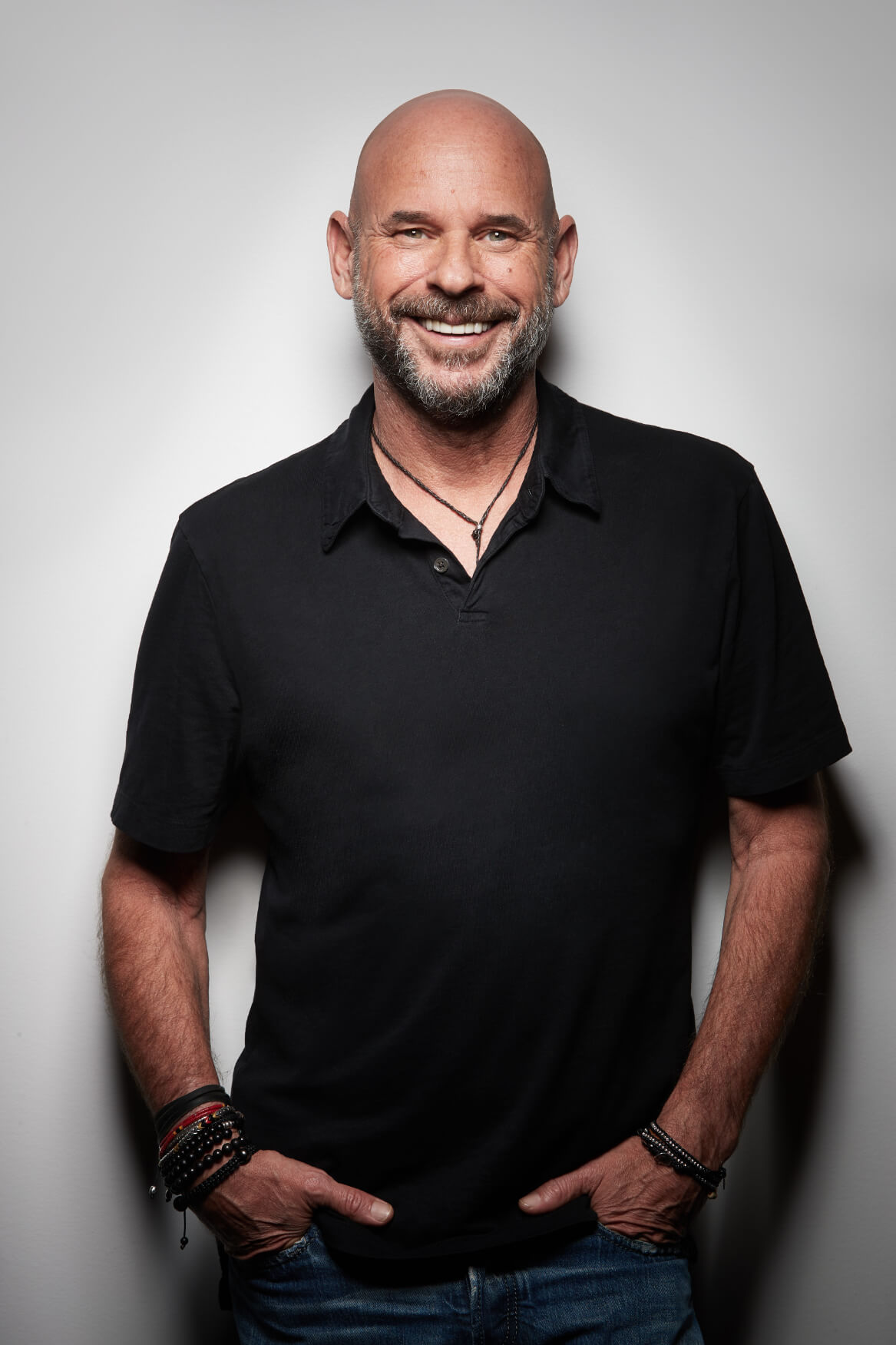
“ The global pandemic has turned the world upside down. For some of the most vulnerable communities, it has made an already difficult situation all the more despairing. In other words, the crisis has made us realize the importance of forging ahead with our vital mission.
This Impact Report highlights the work we have done together in 2020 by pooling our knowledge, efforts and resources toward a common, vital cause. It is time for us as a global community to join forces on all fronts—business, the arts, international development. Together, we need to pitch in and do our part in order to build a better world.
When I founded the One Drop Foundation in 2007, I saw that better world in my mind’s eye—a world with vastly improved conditions for all. We could not foresee back then that almost 14 years later, our work would have the widespread critical importance that it has today, as we are in the grips of a planet-wide health crisis. I am extremely proud of all we have achieved in 2020, including and beyond making safe water accessible to hundreds of thousands of people and empowering communities to pull through the current crisis.
One thing was already clear at the time: every single issue facing the world—whether it was poverty, education, social justice, economic development, the environment, gender equality, food security, or health—all had one element in common: access to water. And yet today, a huge portion of the world’s populations still doesn’t have access to water, soap, or even toilets.
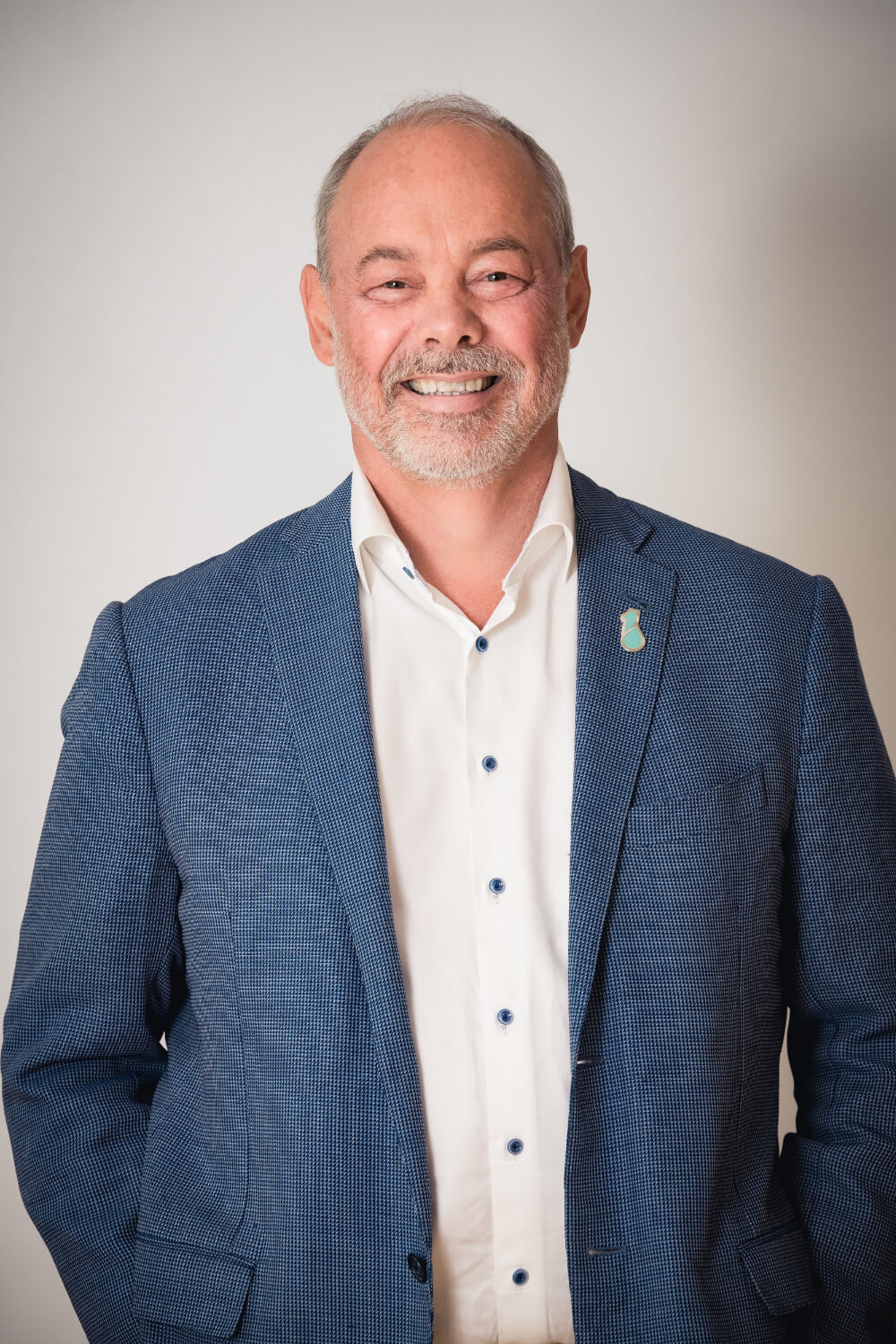
“ It is with immense pride that we present this year’s Impact Report and the great strides made towards achieving the United Nations Sustainable Development Goal (SDG) 6, which calls for sustainable management of water and sanitation for all.
It is also with honour that I accepted the mandate to lead the One Drop Foundation in July 2020. First and foremost, I extend my deepest thanks to Marie-Anne Tawil for the colossal work accomplished during her four years at the helm of the One Drop Foundation. Under her leadership, our foundation made great progress and kept Guy Laliberté’s dream very much alive.
When I joined the One Drop Foundation, I was excited by the possibilities the Social Art for Behaviour Change approach brought to the organization. I was also impressed by One Drop Foundation’s collective expertise, creativity and commitment to carrying out its mission to ensure sustainable access to safe water, sanitation and hygiene (WASH) in some of the world’s most vulnerable communities.
In the midst of a worldwide pandemic, the One Drop Foundation and our partners kept making a difference and soon, our actions will have changed the lives of more than 2.3 million people around the world! Though these numbers speak for themselves, the real-life stories contained in this impact report are even more compelling.
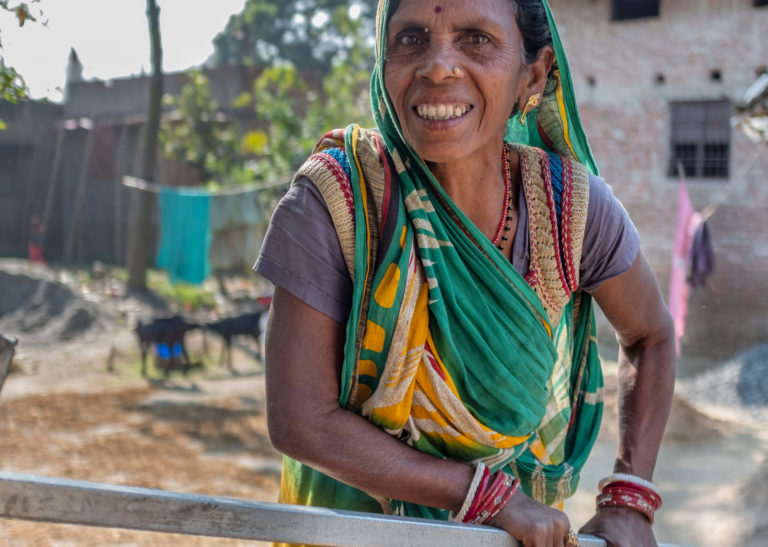
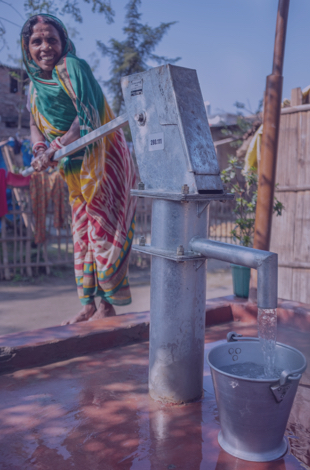
At One Drop™, we are always ready to go above and beyond to achieve true long-term sustainability. We believe in the combined power of providing access to safe water, sanitation and hygiene services, promoting healthy behaviours, and encouraging capital supporting income-generating activities and market-based solutions. This was true even during a pandemic. In response, we support systems that strengthen efforts across local, national and global scales.
Access; Behaviour change; Capital. These make up our A•B•C for Sustainability™ model. The combined power of these three components makes our projects sustainable by creating an enabling environment for positive change and helping communities reach their full potential.
ACCESS to safe WASH through the construction or rehabilitation of infrastructure and strengthening of governance structures. During a pandemic, this meant sourcing, building, and distributing mobile handwashing stations in communities, schools and health care facilities so that handwashing could be practised even where infrastructure prevented it.
Social art interventions to inspire, activate and sustain BEHAVIOUR CHANGE around WASH. In 2020, this meant developing creative and participatory activities and art processes that both respected all physical distancing requirements and incited communities to prevent the spread of COVID-19. All this while also establishing long-term healthy behaviours that will outlast the pandemic.
CAPITAL to develop marketbased solutions—including financial products, income-generating activities and other services—that accelerate WASH access for all. To support pandemic efforts, this meant loans and quick mobilization that empower community-based economic groups to create local markets for personal protective equipment, handwashing stations, masks and hygiene kits.
The ONE DROP™ name and logo, A•B•C for Sustainability™, Social Art for Behaviour Change™ and One Night for One Drop™ are trademarks owned by One Drop Foundation.
© 2021 One Drop Foundation. All rights reserved.
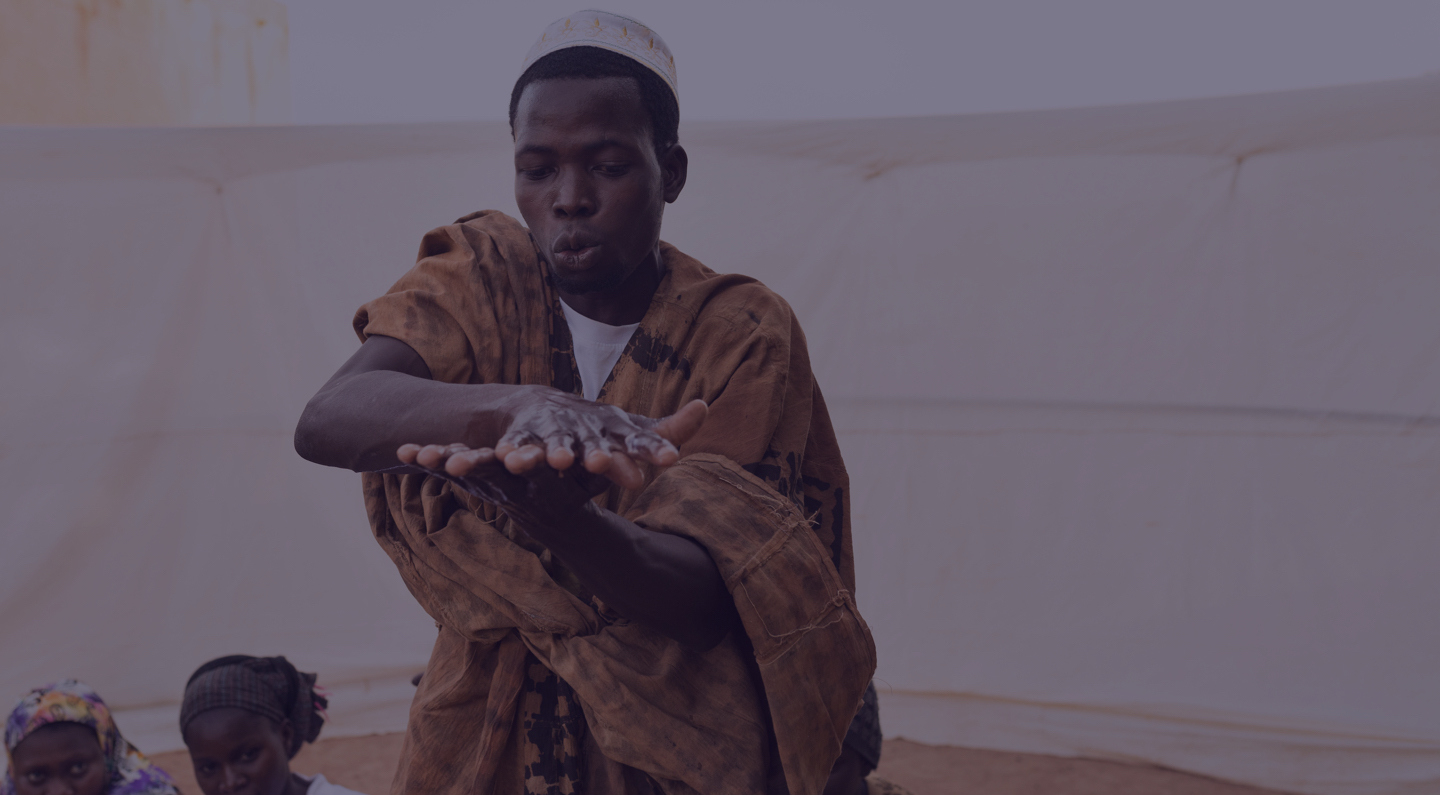
Communities where Social Art for Behaviour Change™ (SABC) interventions had taken place before the pandemic were prepared to respond rapidly and help stop the spread through Access-Behaviour change-Capital interventions.
AS OF DECEMBER 31, 2020*
More than 900,000 reached
as part of pandemic-related
awareness generation activities.
ONCE OUR CURRENT PROJECTS
WILL BE COMPLETED
We believe that our impact is sustainable when people have access to infrastructure and behaviour change interventions or capital. Therefore, we calculate our impact based on individuals receiving systemic interventions that create an enabling environment for the long-term practice of WASH behaviours: this explains why in some instances total number of SABC participants are even higher than the total impact numbers.
“The pandemic has amplified the importance of WASH in health care facilities and the inequity that exists in a large number of countries that still lack basic WASH services. It has exposed the lack of investment and highlighted the lack of WASH infrastructure, training and commitment across the world.1”
In a recent global survey of 1.2 million women, clean and safe health care facilities with running water and clean toilets were among their top two priorities.2
In 2020, the One Drop Foundation and our partners invested in building and rehabilitating infrastructure, strengthening health systems and integrating WASH services in at least 124 health care facilities. Focusing on maternity wards, our work helps reduce the number of preventable deaths and infections in Malawi, Mali, Burkina Faso and Haiti, directly impacting more than 410,000 women, newborns and children, while indirectly benefitting more than three million people in the catchment areas of these facilities. As part of this work and alongside regional governments and other sector partners, we supported the design and implementation of evidence-based Social Art for Behaviour Change strategies on behaviours ranging from handwashing with soap for patients and medical providers, to the operation and maintenance of WASH infrastructure. In 2020, more than 121,800 people were impacted through our WASH for Health Care Facilities Program.
In our projects, art has clearly demonstrated its ability to break down barriers between patients and health care workers. We have also learned that community-level interventions are essential to bridge the information-action gap between health care facilities and households.
This year we built on strong international and national partnership networks to scale our impact, share lessons learned and mobilize around themes such as the role of cleaners. During the pandemic, Global Water 2020 led the process of consultation and advocacy at the international level and the One Drop Foundation has been an active member in this platform. The One Drop Foundation continues to work in collaboration with sectoral leads such as the Centers for Disease Control and Prevention (CDC), the Conrad N. Hilton Foundation’s Safe Water Strategy, Global Affairs Canada and the WASH Funders Group. We joined the call for WASH in all HCF for Latin America and the Caribbean. Finally, we became a member of the Canadian Partnership for Women and Children’s Health (CanWaCH), a network of over 100 Canadian agencies improving health outcomes for women and children globally. As a result of our work, the One Drop Foundation was thrilled to be recognized as an innovator in the field of WASH for HCF in the 2020 Trailblazers Report on WASH in Health Care Facilities.
The pandemic has exposed key vulnerabilities in health systems, such as inadequate infection prevention and control. WASH services in HCF, are needed now more than ever to protect vulnerable health care workers and patients. We must invest in long-term systemic solutions.
Globally, ONE IN THREE HCF do not have access to improved or safe water3
In 2020, ONE DROP SUPPORTED 124 HCF alongside partners
Investment in our WASH for HCF program represents 20% OF ONE DROP’S 2020 INTERNATIONAL PROGRAM INVESTMENTS (US$1,200,000 out of US$6,107,000)
Since the start of WASH in HCF projects, more than 177,900 PEOPLE have been reached out of a total expected reach of 697,000 people
Through our partnership with the Inter-American Development Bank, The Coca-Cola Foundation and FEMSA Foundation for the Lazos de Agua Program, the One Drop Foundation has succeeded in scaling impact by adapting our Social Art for Behaviour Change approach to the context of rural communities in Latin America. As strategic implementing partner of Lazos de Agua, we recently focused on enhancing our SABC approach through new digital tools and activities in the face of new challenges.
In 2017, 165.8 million people in Latin America and the Caribbean lacked safe water at home and 443.4 million people had no toilets at home that safely manage excreta1. In light of Lazos de Agua’s mission to provide 200,000 people in Latin American countries with access to drinking water and/or improved sanitation and hygiene by 2022, we dedicated ourselves to supporting communities in the region through collaboration and rapid iteration during a year where our work was particularly critical. In 2020, more than 26,600 people were impacted through the Lazos de Agua Program.
While lack of access to information and communications technologies in some of Lazos de Agua’s areas of intervention limited the extent to which we could adapt our activities to digital formats, creative and innovative artistic processes—from stop motion animation, to music videos—showcased the flexibility of the SABC approach to scale impact in the face of new challenges.
Organizations and communities across the globe are undergoing digital transformations due to the pandemic, but many regions do not have the resources to follow this trend. In alliance with executing partners, we undertook a design process and developed a working prototype of an exciting digital platform to enrich the design and implementation of SABC interventions through easier collaboration between communities, artists, governments and executing partners.
As 2020 proved to be an increasingly difficult year, the emerging challenges in Latin America only highlight the need for international collaboration and innovation. In an age of transformation, the One Drop Foundation is committed to developing new partnerships and tools that will continue improving the SABC approach and scaling the availability of WASH services.
Investment in the Lazos de Agua Program represents
41% OF ONE DROP’S 2020 INTERNATIONAL PROGRAM INVESTMENTS (US$2,530,000 out of US$6,107,000)
177 LEADERS OF CHANGE interviewed through story-based methodology
Number of Leaders of Change disaggregated by gender (Leaders of Change are participants of SABC interventions who are activated during the process and gain the skills and confidence to act as a model, an example, an instigator able to motivate other members of their social group or colleagues to join the change process. Leaders of Change (2,288) represent 8.5% of the people reached by the program in 2020.)
The One Drop Foundation has been supporting access to safe WASH projects for some of the most vulnerable and marginalized populations in India since 2011. In 2020, the WASH in India Program renewed its focus on providing vulnerable communities in rural India with safe WASH services in their households and impacted more than 142,100 people.
As the underlying causes of India’s water crisis become aggravated, it is estimated that 40% of India’s population will have no access to potable water by 20301. Rural Indians—women, lower-caste and indigenous communities, in particular— face substantial challenges in the provision of quality WASH services.
In alignment with the government’s Jal Jeevan Mission, which seeks to provide every household in rural India with safe and adequate piped water, One Drop Foundation’s projects in the states of Bihar and Rajasthan aim to improve local WASH services by installing/rehabilitating improved water sources, toilets and handwashing stations, and establishing a value chain for WASH products and services.
Behaviour change work has focused on building evidence and knowledge generation through key Social Art for Behaviour Change pilot interventions through a traditional oral storytelling format, as well as a mobile game. Our India-based SABC expert supported projects in the design and implementation of activities to increase the uptake of identified behaviours, including water conservation, and helped grow a network of Leaders of Change in our program locations.
As additional challenges were brought on by the pandemic, the One Drop Foundation supported executing partners to develop and implement localized COVID-19 response plans and to adapt their SABC activities to meet government requirements. Marginalized households suffered disproportionately due to the pandemic and have shifted their spending priorities, resulting in a steep decline in demand for toilet loans. As a result, additional support was given to Farmers’ Clubs and promoting women entrepreneurship for sanitary products. While the pandemic has presented restrictions, it has also resulted in the fast-tracking of new applications of digital communications and operational tools.
As India continues to face challenges related to its water crisis, the need for sustainable, context-specific interventions is recognized more and more by local governments and communities, the private sector, and experts. As marginalized populations become increasingly affected due to the pandemic, the One Drop Foundation is committed to finding new and innovative solutions in collaboration with affected communities and experienced local partners.
Total number of WATER USER GROUPS trained to date in active projects: 1,094
LANGUAGES in which social art activities were deployed during 2020: Marwari, Mewari, Hindi, Bhojpuri, Bajika, Maghi and Maithili
Cumulative number of HOUSEHOLD LATRINES constructed since the beginning of the program: 21,219
Investment in our WASH in India Program represents 13% OF ONE DROP’S 2020 INTERNATIONAL PROGRAM INVESTMENTS (US$790,000 out of US$6,107,000)
The One Drop Foundation is interested in the application of the A∙B∙C for Sustainability model in different contexts in order to scale our Social Art for Behaviour Change approach to create sustainable systems change and achieve our vision. As such, projects in the WASH for Special Initiatives Program allow us to pilot and learn from our partners about SABC integration in new contexts to further scale our impact.
Launched in 2020, the SCOFI Project aims to improve educational outcomes for adolescent girls in Mali through access to WASH services. Adolescent girls often face difficulties in managing their menstrual cycle with dignity in school environments that lack adequate menstrual hygiene management support and private, clean and safe WASH facilities. While we have worked in schools before, this project’s specific focus on girls’ education will lead to new innovations and learnings that will further strengthen One Drop Foundation’s SABC approach and A∙B∙C for Sustainability model.
The ECED-Sahel Project demonstrated the significant added value of SABC to Community Led Total Sanitation (CLTS) approach, a well-documented process for ending open defecation. Our research showed that while CLTS was able to trigger momentum, SABC interventions allowed for longer term behavioural uptake. At the end of the project in 2019, 21,500 people, representing 41% of the population, had built latrines inside their households, and 98% of these household latrines were well used and maintained. We now support teams to undertake a joint SABC-CLTS approach in Latin America, India and Haiti.
Finally, the Pirursiivik Project, in Inukjuak, Nunavik, promotes healthy habits relating to water and nutrition through our social art approach. It has been a tremendous opportunity for the foundation to learn from and collaborate with an Inuit community in northern Quebec. We are proud of the partnerships that have been built and the exciting ways we have engaged with social art to adapt our approach to this unique environment and context, supporting the community of Inukjuak to achieve their goals.
Our current special initiatives reflect topics and areas of interest for the organization to further learn from, collaborate and innovate with, and support communities through our unique approach. These projects have served both as impact contributions and learning opportunities to refine our understanding of SABC applications in different contexts and, crucially, to build innovative partnerships to achieve our vision and mission. In 2020, more than 1,000 people were impacted through our WASH for Special Initiatives Program.
Challenges and Lessons Learned
Lack of mobility within regions due to the on-going pandemic was the most major challenge. This required close collaboration and flexibility with local partners in order to ensure project goals were moving forward.
Investment in our WASH for Special Initiatives Program represents 26% OF ONE DROP’S 2020 INTERNATIONAL PROGRAM INVESTMENTS (US$1,587,000 out of US$6,107,000)
Special Initiatives reached 105,500 PEOPLE since the beginning of projects active in 2020. The majority of people impacted were WOMEN AND ADOLESCENT GIRLS
Special Initiatives will have a cumulative impact for 255,500 PEOPLE at the close of projects active in 2020
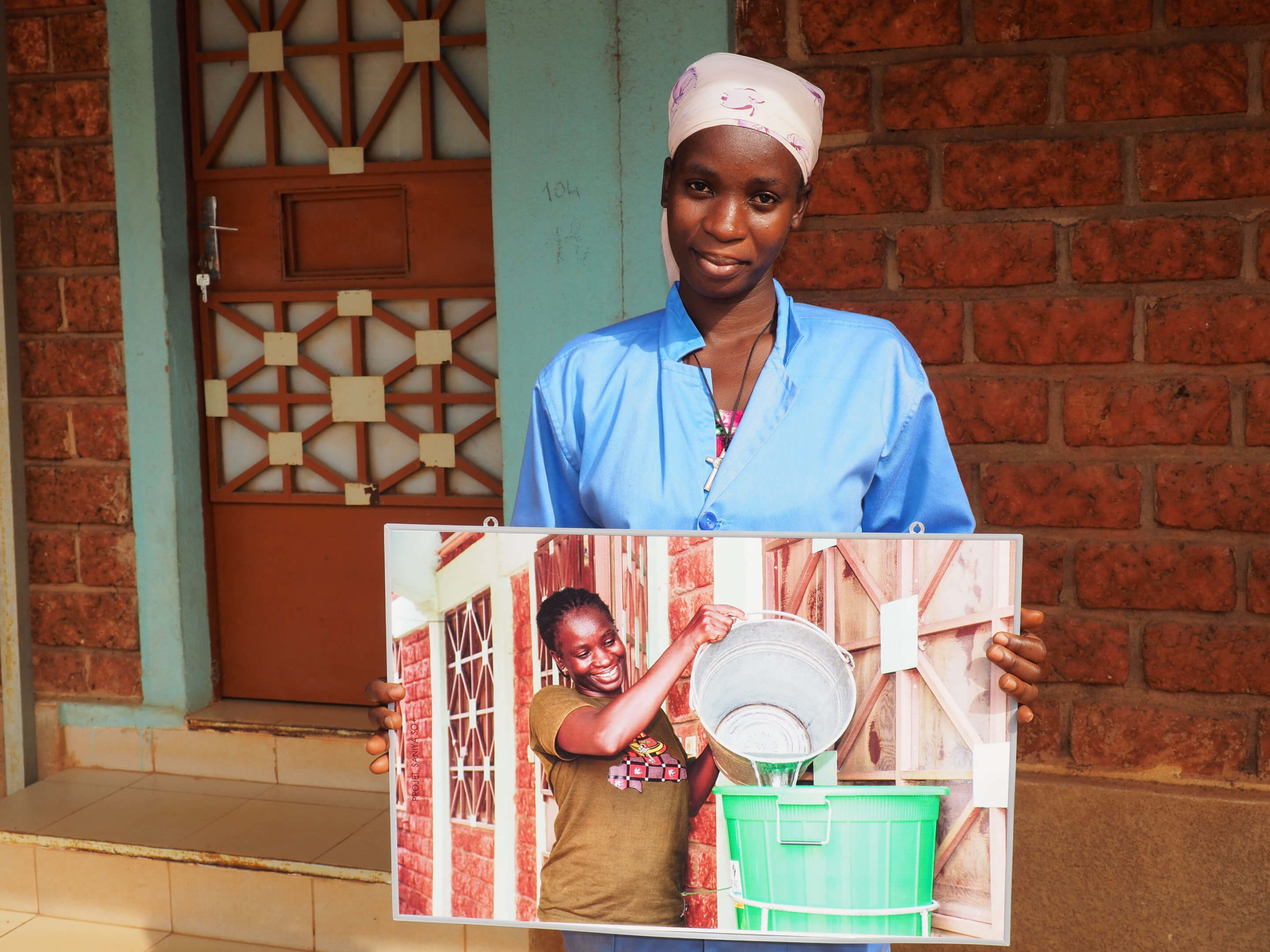
The following story is about being proud of your contribution to a team. It is not just about keeping a space clean.
FOR NUMEROUS PHILANTHROPIC ORGANIZATIONS, THE CONTEXT CREATED BY THE PANDEMIC MEANT HAVING TO RETHINK THE WAY WE RAISE FUNDS. GUIDED BY CREATIVITY, IT ALSO MEANT NOTABLE DIGITAL TRANSFORMATIONS AND NEW OPPORTUNITIES THAT ALLOWED US TO PURSUE OUR MISSION TO ENSURE SUSTAINABLE ACCESS TO SAFE WATER, SANITATION AND HYGIENE, WORLDWIDE.
The year 2020 certainly put a spotlight on the importance of universal and equitable access to safe water, sanitation, and hygiene. Our work throughout the year was integral to the pandemic response in our project areas, but we also faced major challenges. The One Drop Foundation is immensely proud of the ways our team managed to turn the year’s challenges into opportunities—and we are deeply grateful to all of our partners and donors whose support is what made it all possible.
Thanks to them, we were able to accelerate our digital transformation, adapt our Social Art for Behaviour Change interventions to focus on key preventative behaviours, take our events model to a new level and focus our actions on places where need was most urgent, such as schools and health-care facilities.
Despite the obstacles the year presented, we demonstrated unequivocally that our core value of collaboration keeps us strong and agile. More importantly still, we showed that even in the face of the greatest adversity, we can find creative new ways to come together and make a lasting impact in the world.
To achieve our goals in 2020, we worked with a select group of executing partners, development agencies, local governments, like-minded foundations and visionary corporations. Working in concert with these multiple partners allows us to leverage each dollar raised so we can positively impact communities that need it most, both during and after the pandemic.
We step into the coming year with enthusiasm and look forward to what we’ll accomplish with our valued donors, partners, ambassadors and volunteers. It is thanks to you all that our actions have, and will continue to have, such profound ripple effects around the world.
We continue to forge ahead with immense pride and heartfelt gratitude. Because despite the challenges of the past year, we turned water into action. TOGETHER.
As part of our commitment to the environment, this report is only available in digital format.

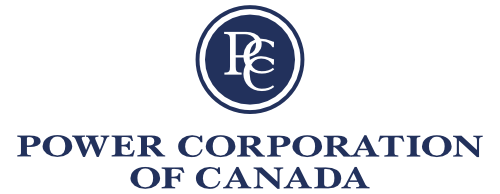

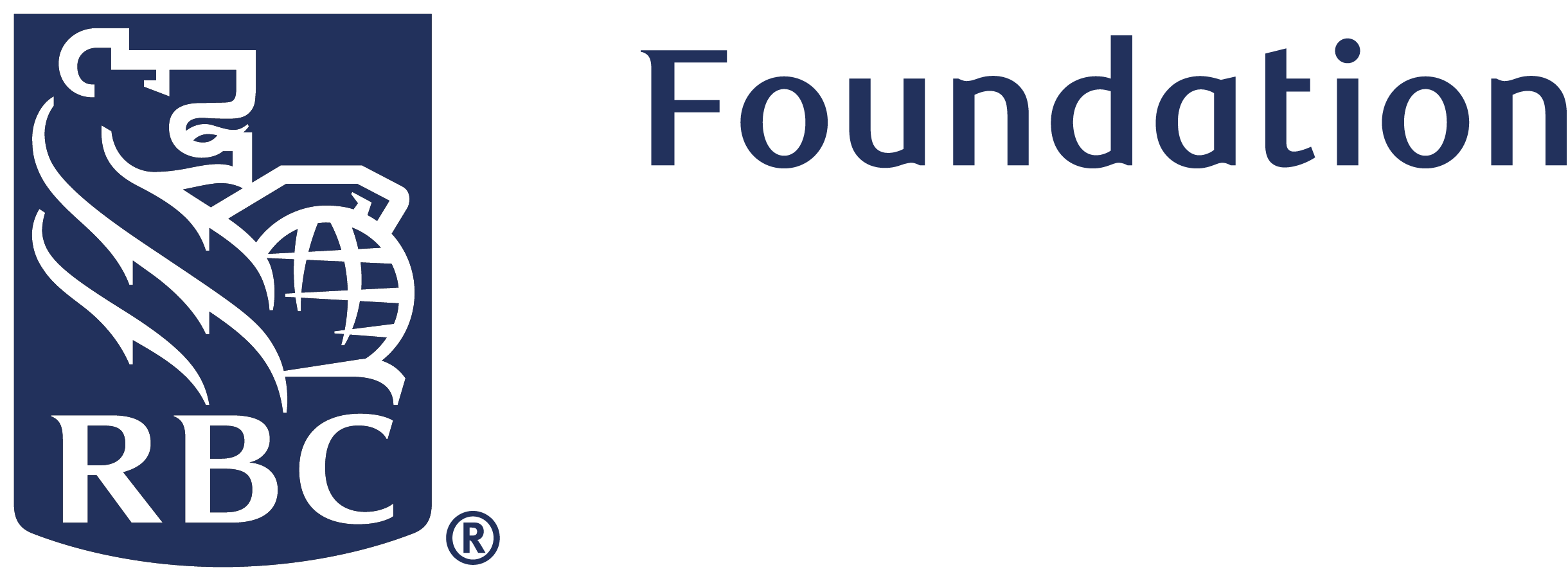
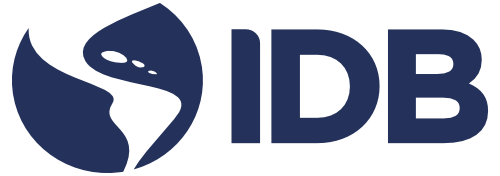
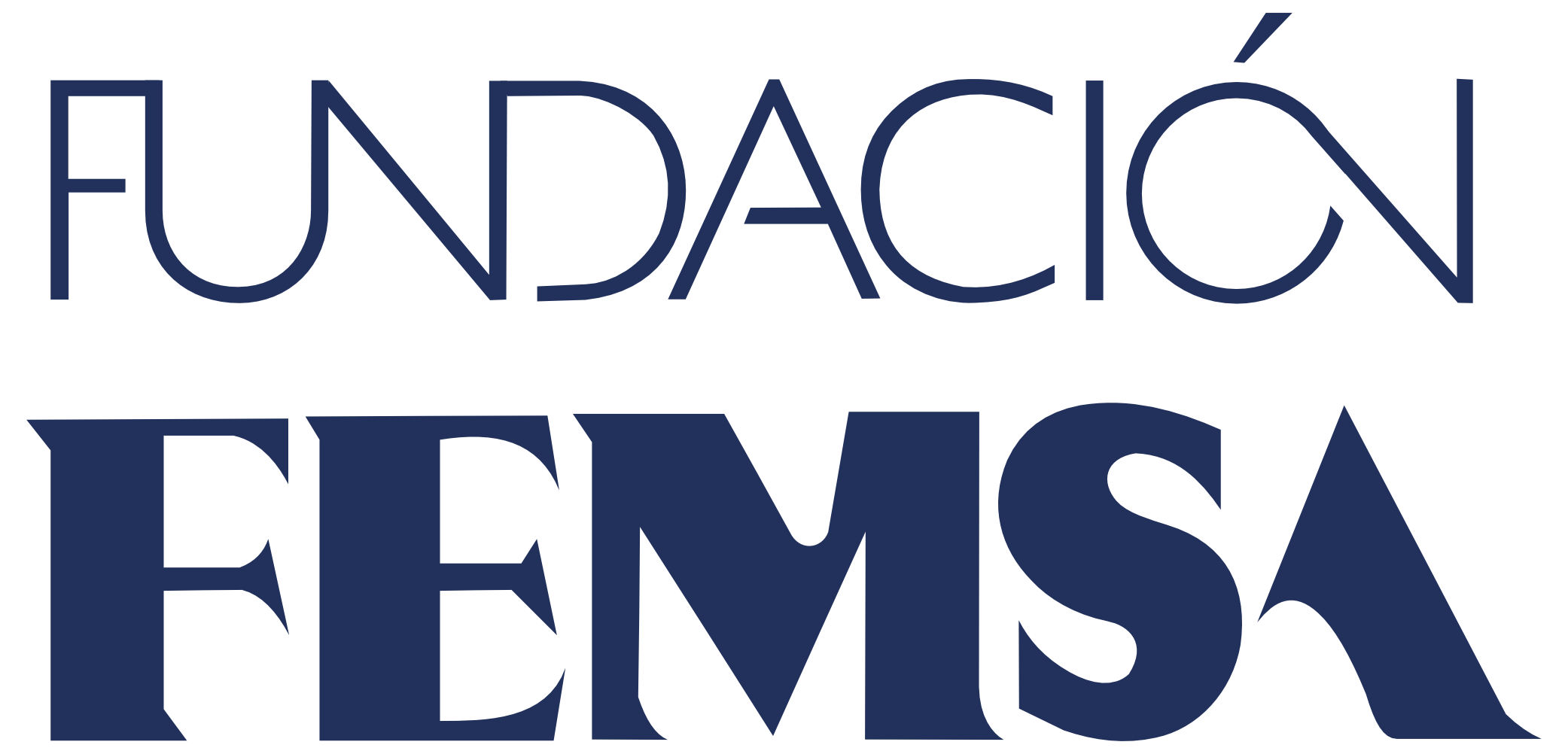
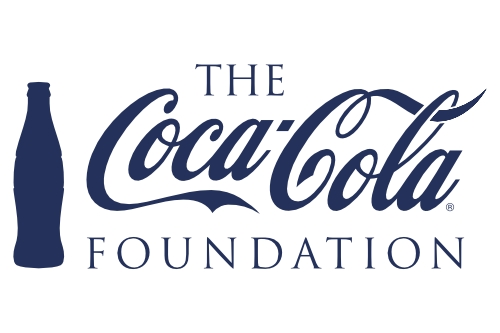
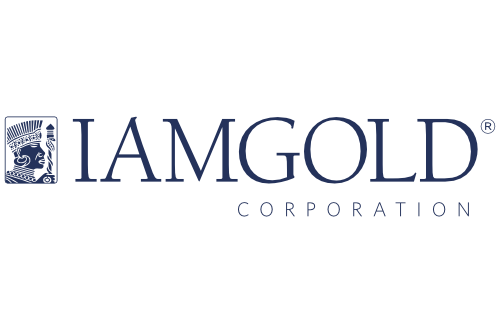
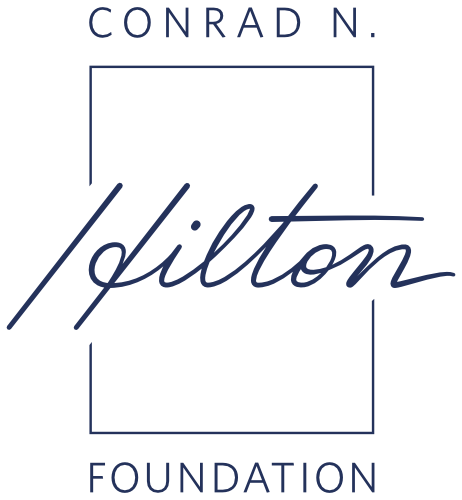
Allen D. Kohl Charitable Foundation, Inc.
Andreas Laveth
Artcurial
Beth Campbell
Bobby Genovese
Bolton Food Spa
Bono
Brenden Mann Foundation
Bruce Poon Tip
Daniel Gauthier
Daniel Nazarian
David Coulthard
David Forest
Davis Marksbury
Dorsey & Whitney Trust Company LLC
Douglas Atamian
Garival Inc.
Groupe Lune Rouge Inc.
Guy Laliberté
Guy Starkman
Hien Lee Engineering Co., Ltd
Howard Horowitz
Sir Jackie Stewart
Jean-Francoys Brousseau
John Gianni Kovacevic
John Tippins
KB Home
KCM, Inc.
Kevin O’Leary
Les Zieve
Marin Community Foundation
Nissan Mosapor
Outbox
Pediped Infant Footwear LLC
Peter Shin
Rakesh Chilakapati
Robert Sachs
Rory Kaplan
Sachs Family Fund
Silvia Fernandez
Teranga Gold
Treasure Island LLC
United Technologies Corporation
Valmont
In 2020, we benefitted in numerous ways from the expertise and contributions of valued in-kind partners, such as
Artcurial
Audemars Piguet
Charity Buzz
Domaine Armand Rousseau
Domaine Dujac
Domaine Francois-Raveneau
The Cosmopolitan of Las Vegas
Cirrus Aviation
Crazy Horse Paris
Jerry Nadal
Matthew McConaughey
Ted Danson
Michael Douglas
among others.
We are thankful for their encouraging support!
Centre for microFinance
Centre de coopération internationale en santé et développement (CCISD)
Cowater International Inc.
Espace Culturel Gambidi
Fundación PLAN
Fundación Moisés Bertoni
Living Water International
Makivik Corporation
WaterAid India
WaterAid Mali
Water For People
Akshara Fine Arts Society
Antropomorfosis
Andres Cox
Artistas Trabajando
Ashish Ghosh
Association de Promotion d’Arts (APA)
Asociación Agencia de Comunicaciones del Pacífico
Asociación Cultural Crear en Libertad
Atelier Ribambelle
Calipso
Caja Lúdica
Centre Culturel Kôrè
Centre Poètes, Essayistes, Nouvellistes (PEN) Gonaïves
Chilemba Communication Consultants
Chindime and Stars Theatre (CAST)
Chitransh Sarde Rang Manch
Consultores Radionovela – Cristopher Mendoza
Grupo Artista Wanky Lady
Grupo de Teatro El Bosque
Guara
Espace Culturel Gambidi
Flache Monde
Fundación Maestros del Entretenimiento
Fundación Todo por el Cine
Jakairá
Karmuk Swayam Sevi Sansthan
Komedyen lakay
La chambre d’Écriture
Lalu Ram and Group
Machincuepa Circo Social
Mujeres Creativas Lapta Yula
Nand Lal and Group
Navjyoti Grameen Seva Sansthan
Navya Foundation
Nobert Joseph
Orion Media Group
Pablo Durán and his group of artists
Paulino Frens and musician
Porandu
Ram Lal Bhatt
Shiv Lok Katha Manch
Shri Krishn Kala Manch
Skeffa Chimoto & The Real Sounds Band
Soyeto and Tonton Bouyay
Story Workshop Education Trust (SWET)
Teatro La Guagua
Teatro de Marionetas Traca Traca
Teatro Títeres Armadillo
The Performers
Tekoha
Tiliches del Baúl
Troupe Djonkala
Tupiq A.C.T.
Vilas Janve
Wadner Peyizan
Zaluso Arts
The One Drop Foundation’s Board of Directors is composed of recognized leaders from both the business and philanthropic communities, all of whom are strongly committed to the cause of safe water, sanitation and hygiene for all, and volunteer their time to advance this mission. Board members cover a broad range of expertise and provide advice, guidance and counsel to One Drop Foundation’s executive management team on a number of policies and strategic matters. They ensure that the One Drop Foundation rigorously applies best practices of good governance in compliance with the principles of accountability, integrity, equity and transparency.



